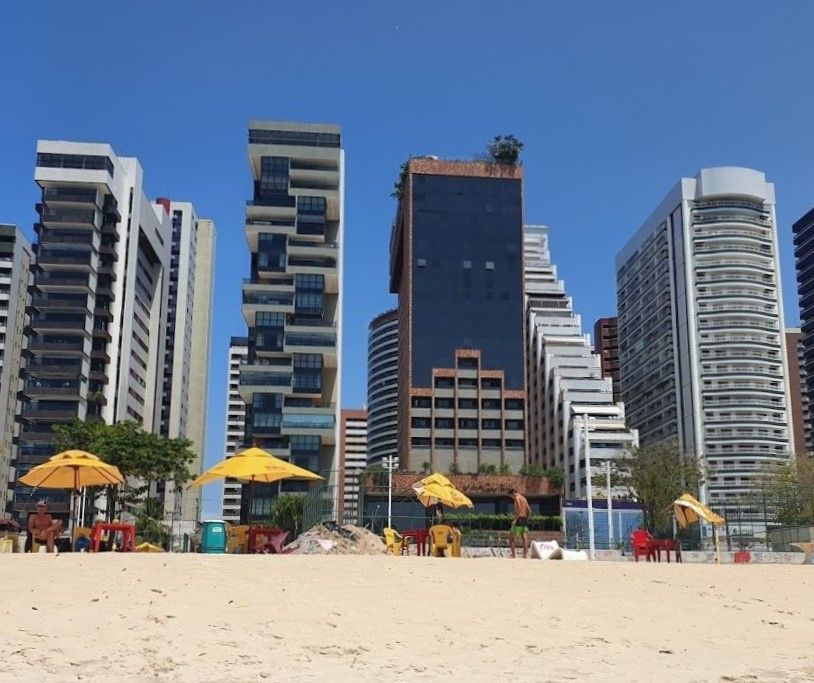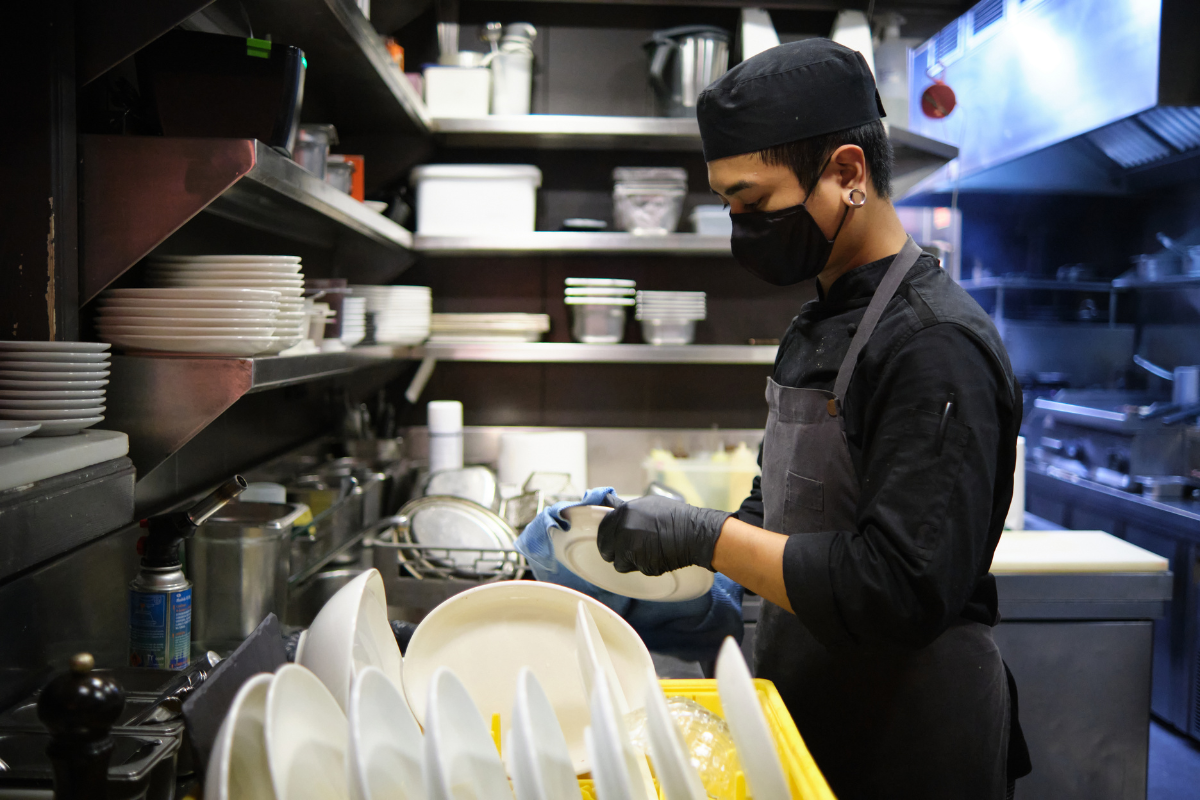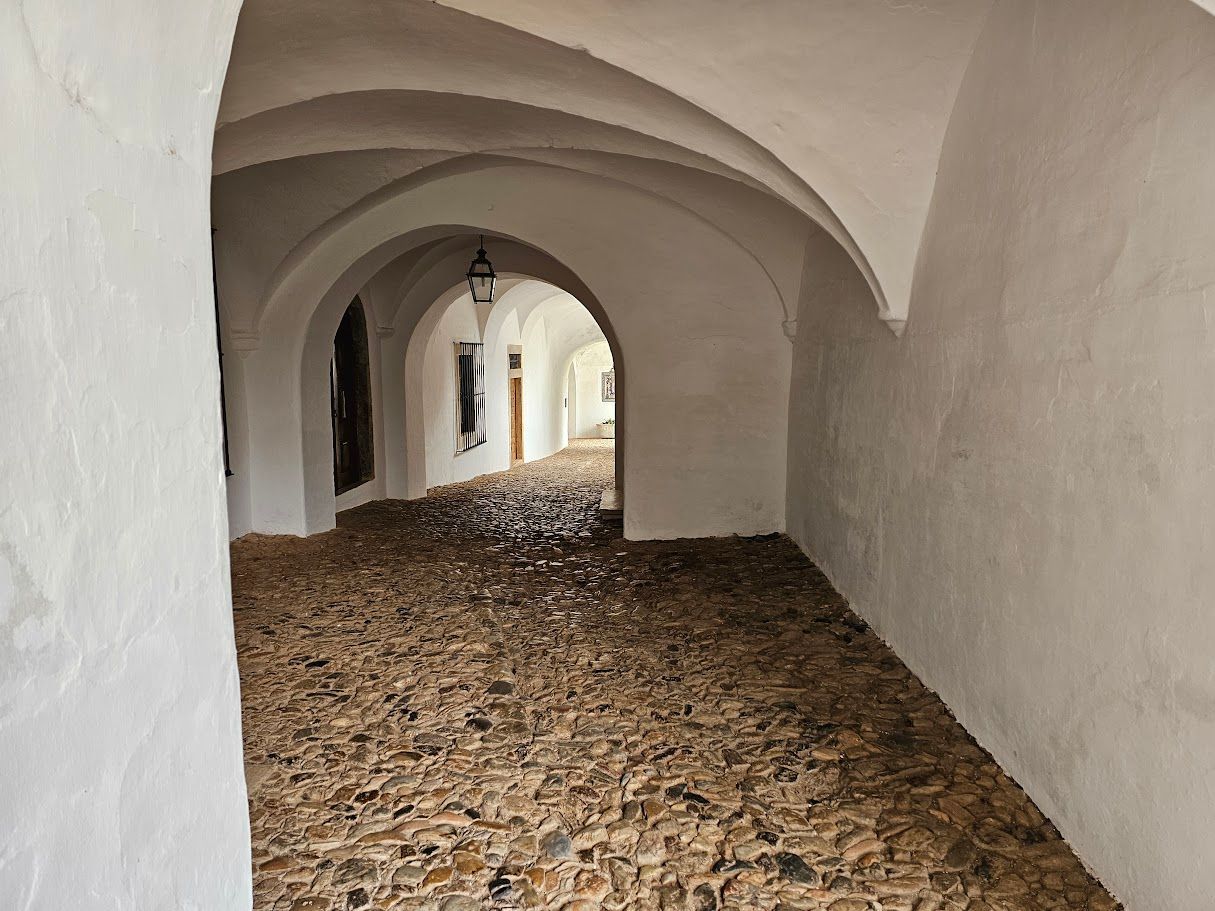Info

These lightweight solar panels weigh as little as 1.8 kg/m2, depending on the need or application. And this is achieved while maintaining the proven and highest power output per square meter. This makes solar panels accessible for traditional roof structures or applications where weight is a crucial factor.

In a time where sustainability and environmental awareness are more important than ever, the collaboration between Accompanied and Energyra is a shining example of how innovative companies can create a greener future together. Accompanied will open markets for Energyra in Brazil, Portugal, and Spain. This partnership marks a step forward for both companies and makes sustainable solar panels easily accessible to 270 million consumers.

There have been many topics in the news lately that require attention. The Russian attack on Ukraine and the protracted war that followed, the war between Hamas and Israel and the polarization in the West that followed and of course the Eurovision Song Contest. As a result, little attention has been paid to the disaster in the southern state of Rio Grande do Sul in Brazil. Especially the horse Caramelo, surrounded by water on the roof, made the news. Caramelo, by the way, was saved

In the Northeast of Brazil lies Fortaleza, the capital of the state of Ceará, and with nearly 3 million inhabitants, the fifth-largest city in the country. Fortaleza is booming, not only due to tourism (which primarily attracts tourists from the mega-cities of Rio de Janeiro and São Paulo) but mainly because of the enormous growth of the energy sector.

[Business Opportunities] Some places are not as crowded and congested as Holland or São Paulo. In Ceará (in Northeast Brazil), there are plenty of opportunities. The production of green hydrogen is booming, and more and more producers are moving their businesses here. It makes sense, as there is plenty of space and human capital. And from the new port of Pecém, you can reach Lisbon or New York by ship in ten days.

[Workshop] "There are probably thousands of people working illegally in our country as cleaners, hairdressers, childminders, or in the hospitality industry. They are now the first to lose their jobs, and thus their income, in the crisis. Returning to their country of origin is often their only option now." In the Netherlands, thousands of illegal migrant workers - who arrived here on tourist visas and stayed for work - are part of an informal economy that has been tolerated by the Netherlands for years. However, due to the coronavirus crisis, they are facing problems and are leaving out of necessity.









